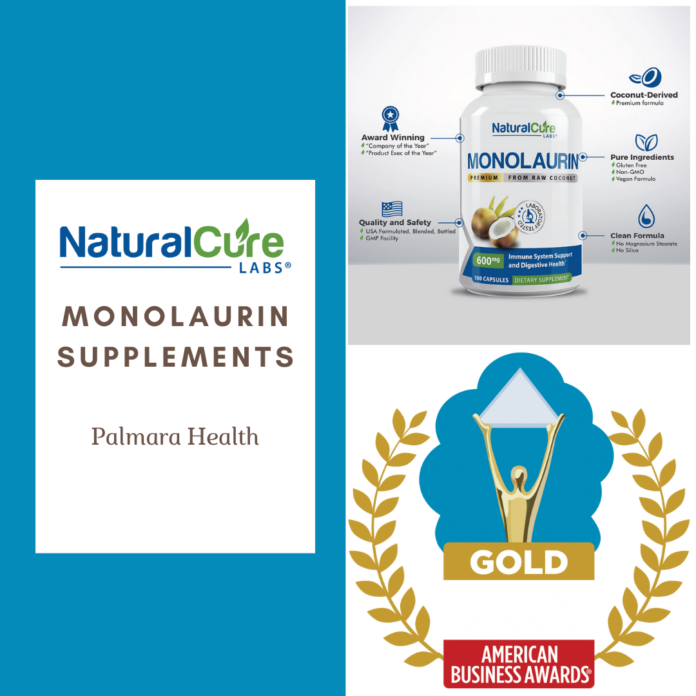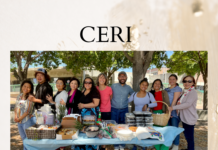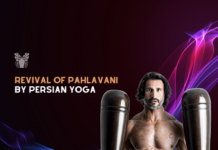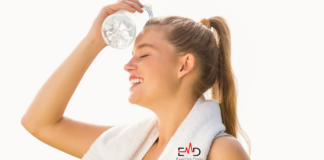Table of Contents
Exercise Daily – Supporting great immune health has never been more important. With the rapidly changing environment we live in, more and more people are searching for effective ways to support and maintain a healthy immune system. This is where Monolaurin comes in.
One supplement whose interest grew by more than 300% in the last year is what we call “monolaurin.” It is derived from lauric acid. Lauric acid is a medium-chain fatty acid that is present in coconut oil.
In this article, we will review what monolaurin is, and its use in food and as a supplement. Additionally, we will talk about how to choose the best one.
What do we use monolaurin for?
It is a popular ingredient in several industries. Hence, ranging from cosmetics to supplements, its antimicrobial, antiviral, and antibacterial qualities are observed in laboratory studies during different researches (Ref #1).
It has uses in food production as a shelf stabilizer and cleaning agent. Moreover, this supplement has antimicrobial properties without negative side effects for consumers. Hence, this makes Monolaurin the best choice. (Ref #2).
As a supplement, monolaurin acts as an immune system booster for a wide range of ailments ranging from yeast infections to herpes (Ref #3). It comes in capsule form. You can take it daily as a dietary supplement just like Vitamin C.
Is monolaurin safe?
Monolaurin is registered on the FDA’s “GRAS” (Generally Recognized As Safe) list. Therefore, it is already used in the food industry (Ref #4). It comes from natural sources like coconut oil and palm kernel oil and is even present in human breast milk.
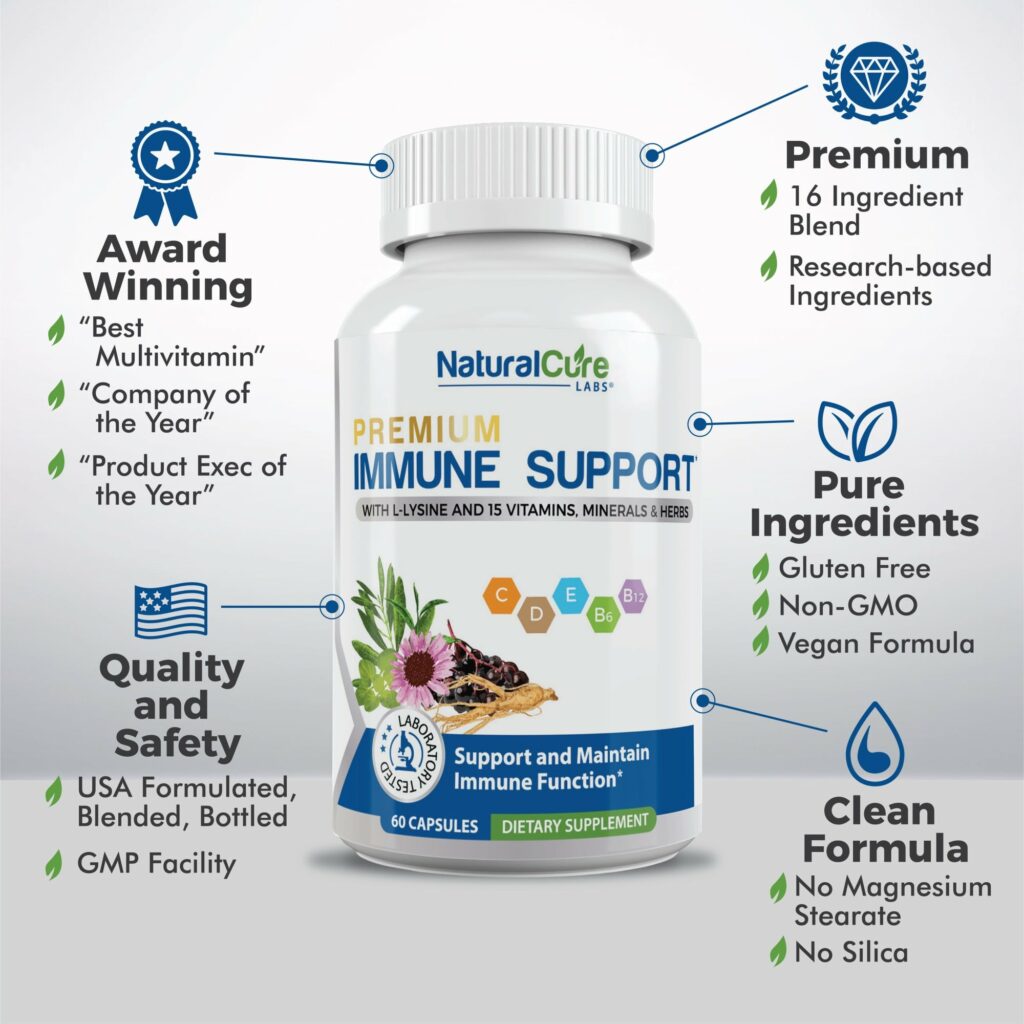
Recently, monolaurin found its uses as a dietary supplement to help support and maintain overall immune health. Moreover, it’s popularity as a supplement continues to grow with several brands offering the supplement online.
It is available in the market to help with immune support, as well as digestive health, skin health, biofilm busting, and more.
Choosing the best monolaurin
Not all monolaurin is equal. You should consider several factors when selecting a brand of monolaurin. Firstly, is the source – does it come from coconut or palm kernel?
Some articles suggest that coconut is a better source, and may not contribute to the negative environmental impacts that palm kernel is associated with. Second is the form factor – power, pellet, or capsule.
Monolaurin powder is naturally extremely soapy and bitter. Hence, a lot of people will prefer a pellet or capsule. However, we prefer capsules over pellets due to their better absorption, bioavailability, and convenience.
Consequently, when it comes to quality and safety, always look for a company that follows Good Manufacturing Processes (GMP). Moreover, you should ensure that the company you choose sends its products to accredited laboratories for testing. When it comes to supplements, quality, safety, and transparency are paramount.
Our recommended monolaurin
One Monolaurin brand which truly stands above the rest is Palmara Health (formerly Natural Cure Labs). Palmara Health / Natural Cure Labs is an awarded brand of monolaurin in the market. It has been offering coconut-sourced monolaurin since 2015.
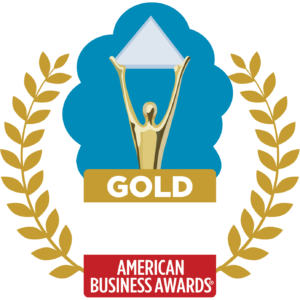
All of the products from Palmara Health / Natural Cure Labs line are vegan, non-GMO, gluten free, and manufactured in the USA in GMP-certified facilities.
The brand produces several variants of monolaurin including their original Premium Monolaurin 600mg, Extra Strength Monolaurin 800mg, and the combination L-Lysine + Monolaurin products.
Conclusion
Monolaurin is a fascinating product that has been enjoyed since the 1960s. It is present in commercial food processing, cosmetics, and as a dietary supplement.
Research suggests that it possesses antibacterial, antiviral, and antimicrobial qualities in laboratory studies. One can take Monolaurin as a dietary supplement.
Exercise Daily loves Palmara Health / Natural Cure Labs as it is the most trusted and awarded monolaurin brand in the market.
Find them at www.palmarahealth.com
References
[1] Lieberman S, Enig MG, Preuss HG. A Review of Monolaurin and Lauric Acid Natural Virucidal and Bactericidal Agents. Alternative & Complimentary Therapies, December 2006. 12(6): 310-314.
[2] Zhang, H. et al. Antibacterial Interactions of Monolaurin with Commonly Used Antimicrobials and Food Components. Journal of Food Science, September 2009. 74(7):M418-21
[3] Hierholzer JC and Kabara JJ. In vitro effects of Monolaurin compounds on enveloped RNA and DNA viruses. Journal of Food Safety 4:1, 1982
[4] FDA : 21CFR184.1505 ; https://www.accessdata.fda.gov/scripts/cdrh/cfdocs/cfcfr/CFRSearch.cfm?fr=184.1505


